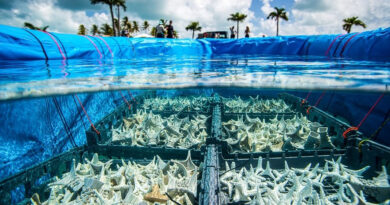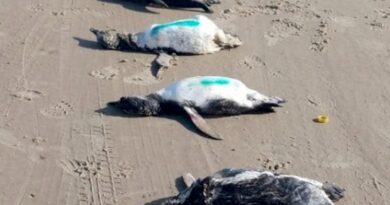Warming Seas Drive Arctic Whales To Unregulated Waters And Brink Of Extinction
Warming Arctic waters are driving critically-endangered right whales into unregulated seas where they often end up tangled in fishing nets and chopped up by boat propellers.
A report released by Cornell University and the University of South Carolina in the journal ‘Oceanography’ on Tuesday (31st August) claims that right whale populations will go extinct if their protection isn’t prioritised.
The North Atlantic right whale (Eubalaena glacialis) are among the most endangered whales in the world, according to the Red List of the International Union for Conservation of Nature (IUCN), listing them as ‘critically endangered’ and likely to go extinct in the near future.
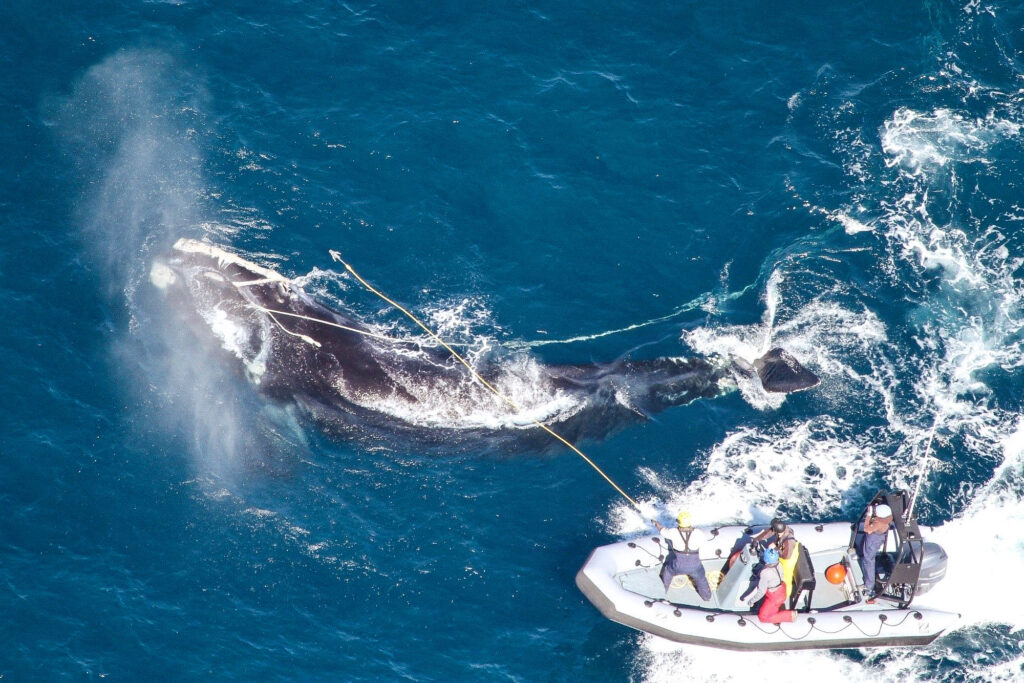
Charles Greene, senior author of the paper and professor emeritus in the Department of Earth and Atmospheric Sciences at Cornell, said: “Most of the warming in the Gulf of Maine is not coming from the atmosphere or ocean surface, as one may think.”
He explained: “It is coming from invading slope water many hundreds of feet below the ocean surface, forcing the right whales to abandon their traditional habitat.”
The slope of water entering the Gulf of Maine is deriving its heat from the Gulf Stream which has radically changed its course over the last decade.
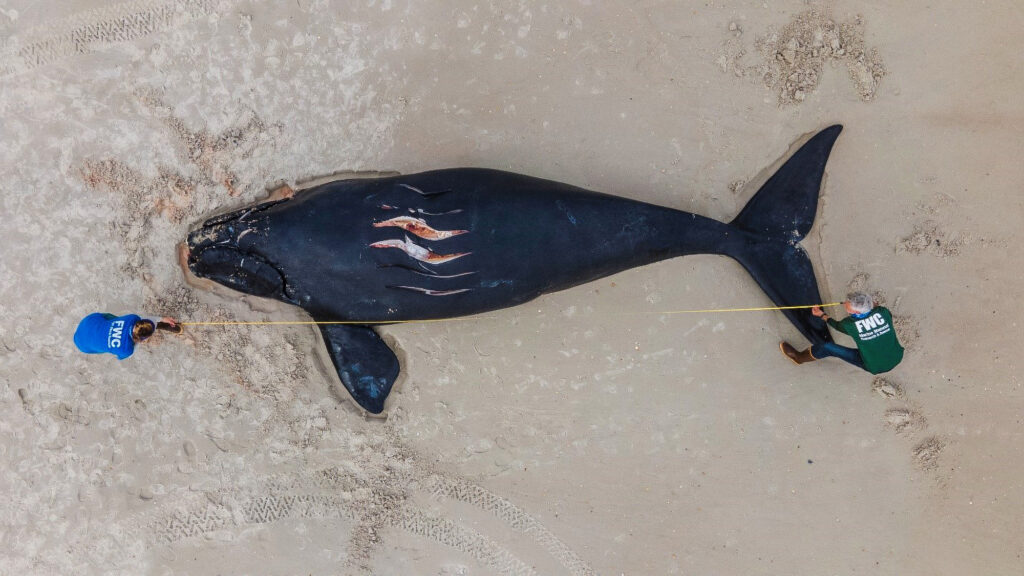
Green said: “Due to a warming climate, the Atlantic Meridional Overturning Circulation is slowing down, causing the Gulf Stream to move north, injecting warmer and saltier slope water into the Gulf of Maine.”
Warmer waters are considerably less favourable for copepods, a small crustacean that happens to be the right whale’s favourite food.
As a result, the whales have abandoned their traditional hunting grounds in the Gulf of Maine and are heading north towards cooler waters in the Gulf of St Lawrence.
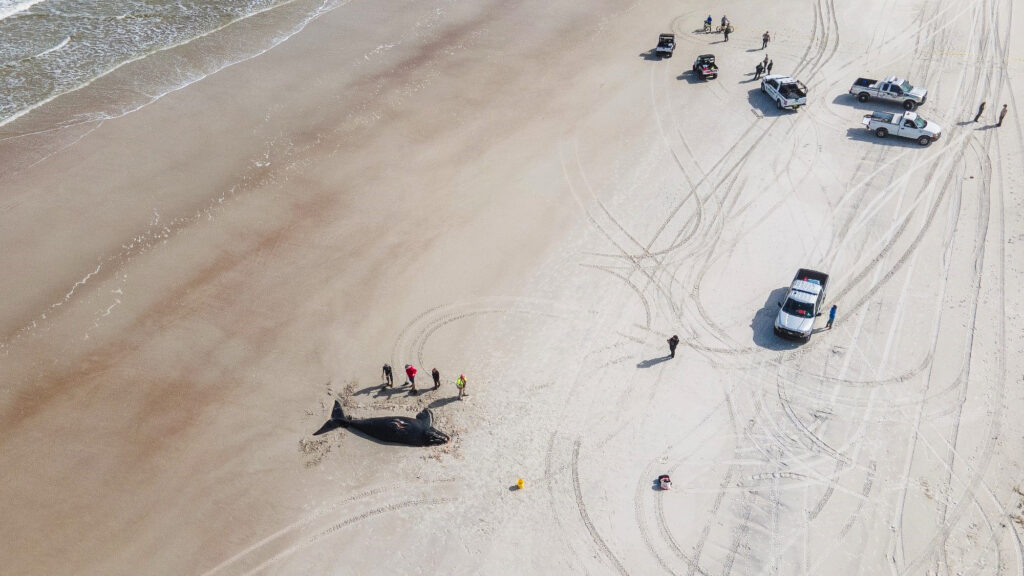
However, the Gulf of St Lawrence lacks regulations protecting the whales from being struck by ships and entangled in fishing nets.
As seen in the footage, members of the National Oceanic and Atmospheric Administration (NOAA) have been working tirelessly to try and untangle the whales often entangled in heavy netting.
Erin Meyer-Gutbrod, lead author and assistant professor at the University of South Carolina, said: “Right whales continue to die each year.”
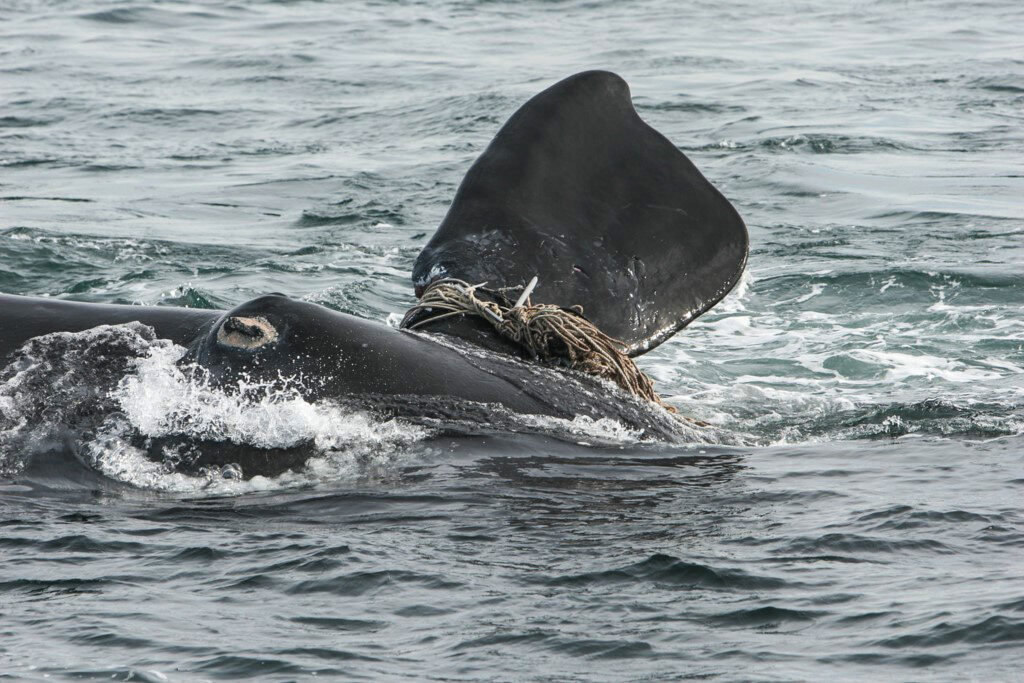
Erin added: “Protective policies must be strengthened immediately before this species declines past the point of no return.”
Researchers and conservationists hope that new policies pushing for speed limits on shipping vessels, rope-free fishing gear, and increased funding for monitoring can turn the tide in the right whale’s struggle for survival.

